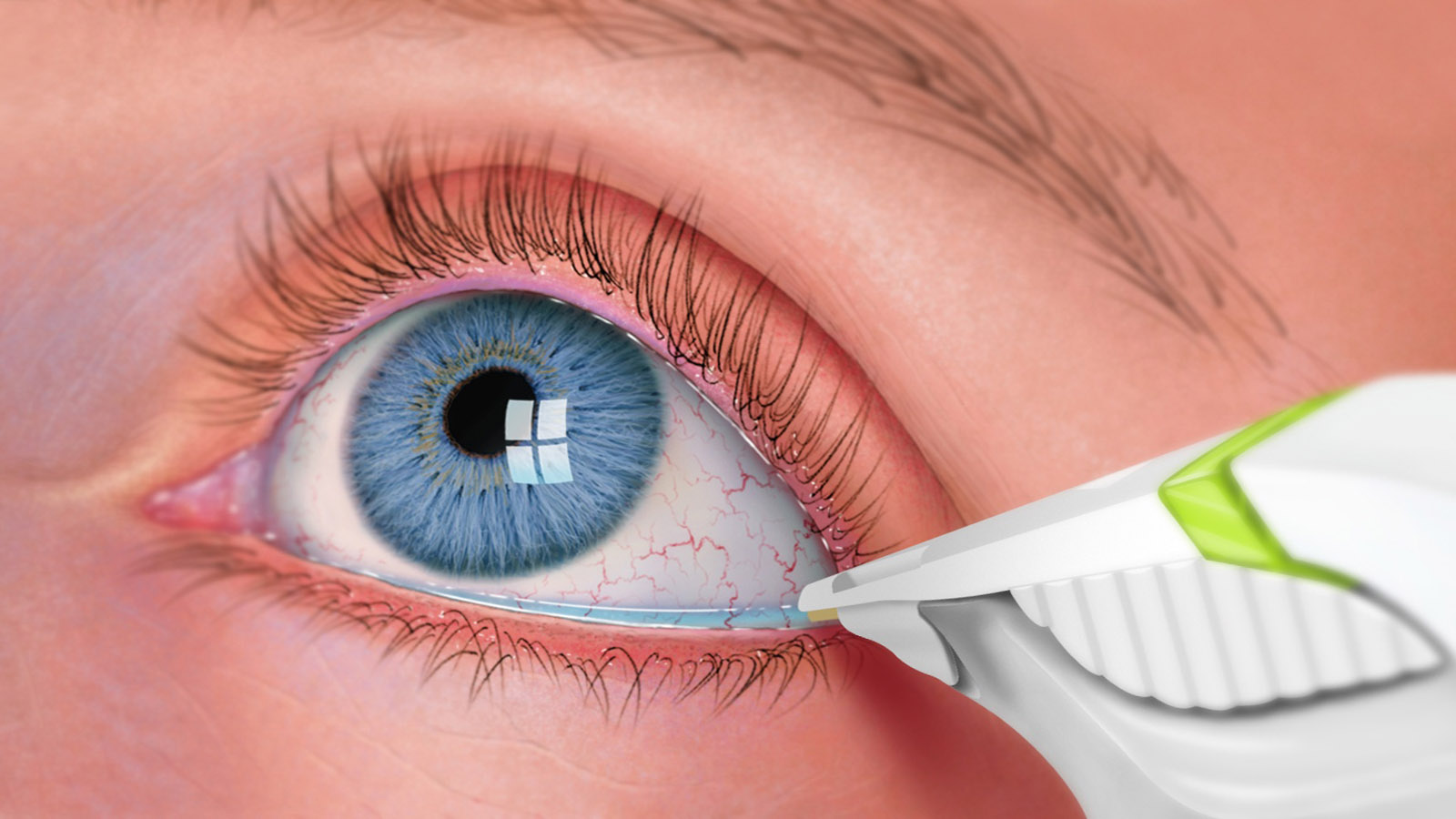Andalusia Eye Center: Innovating Vision Care for Area Health
Is Refractive Surgery Right for You? Aspects to Consider for Better Eyecare
In the world of eye treatment, the decision to undergo refractive surgical treatment is a weighty one that demands thoughtful factor to consider. From the ins and outs of one's eye health to the intricacies of personal expectations and day-to-day routines, each facet holds relevance in the wider landscape of refractive surgical procedure candidateship.
Eye Wellness Analysis
When considering refractive surgery, an extensive eye health and wellness examination is essential to analyze the suitability of the procedure for every person. andalusia pediatrics. This evaluation entails a series of tests and exams carried out by an eye care expert to figure out the overall health and wellness of the eyes, the presence of any hidden conditions, and the stability of the refractive error
During the evaluation, numerous elements are taken into account, such as the individual's case history, existing eye prescription, corneal density, student size, and tear film quality. These evaluations help to recognize any type of contraindications to refractive surgical treatment, such as corneal irregularities, cataracts, or untreated eye infections. Furthermore, the assessment assists to manage patient assumptions concerning the potential outcomes of the surgery based on their special eye attributes.
Ultimately, the eye wellness evaluation is crucial in making certain the safety and security and performance of refractive surgery, as it offers valuable insights right into the individual's eye wellness status and assists establish the most appropriate treatment options for accomplishing ideal visual end results. (eye doctors in andalusia)
Lifestyle Assessment
A complete way of living evaluation is integral in establishing the viability of refractive surgical procedure for a person's aesthetic correction demands. Way of living aspects such as line of work, hobbies, and daily tasks play an essential function in the decision-making process pertaining to refractive surgical procedure.
Moreover, lifestyle behaviors such as sports participation, outside activities, or perhaps skin care regimens can affect the healing procedure and general success of refractive surgical procedure. Individuals that engage in contact sports may require to take additional preventative measures to shield their eyes throughout the healing duration. Furthermore, people with extensive sun direct exposure might require additional post-operative care to avoid problems. By performing a detailed way of life analysis, eye care specialists can customize their suggestions and treatment strategies to satisfy the unique needs of each patient, eventually leading to enhanced aesthetic results and contentment.
Assumption Placement

Clients require to understand that while numerous people achieve 20/20 vision or much better adhering to refractive surgery, some may still click this need glasses for particular activities like analysis or driving at night. Handling these assumptions assists stop disappointment and discontentment post-surgery, leading to a much more positive general experience for the individual.
Risk Evaluation

Elements that may raise the danger of complications include age, specific clinical problems like autoimmune diseases, unsteady vision prescription, thin corneas, and impractical individual assumptions. Additionally, selecting a knowledgeable and proficient cosmetic surgeon, following pre and post-operative care directions carefully, and revealing any type of appropriate clinical background can aid minimize risks.
To reduce the likelihood of complications, ophthalmologists carry out thorough pre-operative assessments to determine any type of contraindications to surgery. They likewise go over the possible threats and benefits with patients during the examination procedure. By taking part in open interaction and shared decision-making, both the eye doctor and the client can collaborate to figure out if refractive surgical procedure is the appropriate selection based upon individual risk profiles and desired outcomes.
Consultation Importance
Thinking about the vital function of notified decision-making in examining threats and possible difficulties in refractive surgical procedure, the appointment procedure holds considerable significance in assisting patients in the direction of optimum end results. Throughout the assessment, the ophthalmologist evaluates the individual's eye health and wellness, refractive errors, and overall viability for surgery. This first analysis is critical in establishing the most suitable treatment for every person, thinking about elements such as corneal thickness, student size, and existing eye problems.
Additionally, the assessment functions as a possibility for clients to review their expectations, concerns, and any kind of questions they may have relating to the surgery. Clear interaction between the surgeon and the individual is important to make certain sensible expectations and a thorough understanding of the potential risks and benefits entailed.
Furthermore, the appointment allows the specialist to discuss the different surgical alternatives available, their particular end results, and the post-operative care needed. This thorough discussion equips patients to make knowledgeable choices about their eye care, causing far better complete satisfaction and results post-surgery.
Verdict
Finally, individuals taking Source into consideration refractive surgery ought to go through a thorough eye health evaluation, evaluate their way of living habits, align their assumptions with possible outcomes, examine the affiliated threats, and prioritize examinations with eye treatment specialists. These variables play an essential function in figuring out the viability of refractive surgical treatment for every individual, guaranteeing ideal results and fulfillment with the treatment.
Individuals thinking about refractive surgical treatment commonly have high assumptions pertaining to the end results, anticipating best vision without the requirement for glasses or get in touch with lenses. While refractive surgery can greatly improve vision and lower dependence on aesthetic aids, it is important for clients to understand that outcomes might vary based on individual variables such as the level of refractive mistake, corneal density, and general eye health.
By involving in open interaction and shared decision-making, both the individual and the ophthalmologist can work together to identify if refractive surgery is the appropriate option based on individual threat profiles and desired end results.
Thinking about the essential function of informed decision-making in analyzing dangers and potential difficulties in refractive surgical treatment, the appointment procedure holds significant relevance in assisting patients in the direction of optimal results. During the examination, the ophthalmologist examines the patient's eye wellness, refractive mistakes, and overall suitability for surgical procedure.